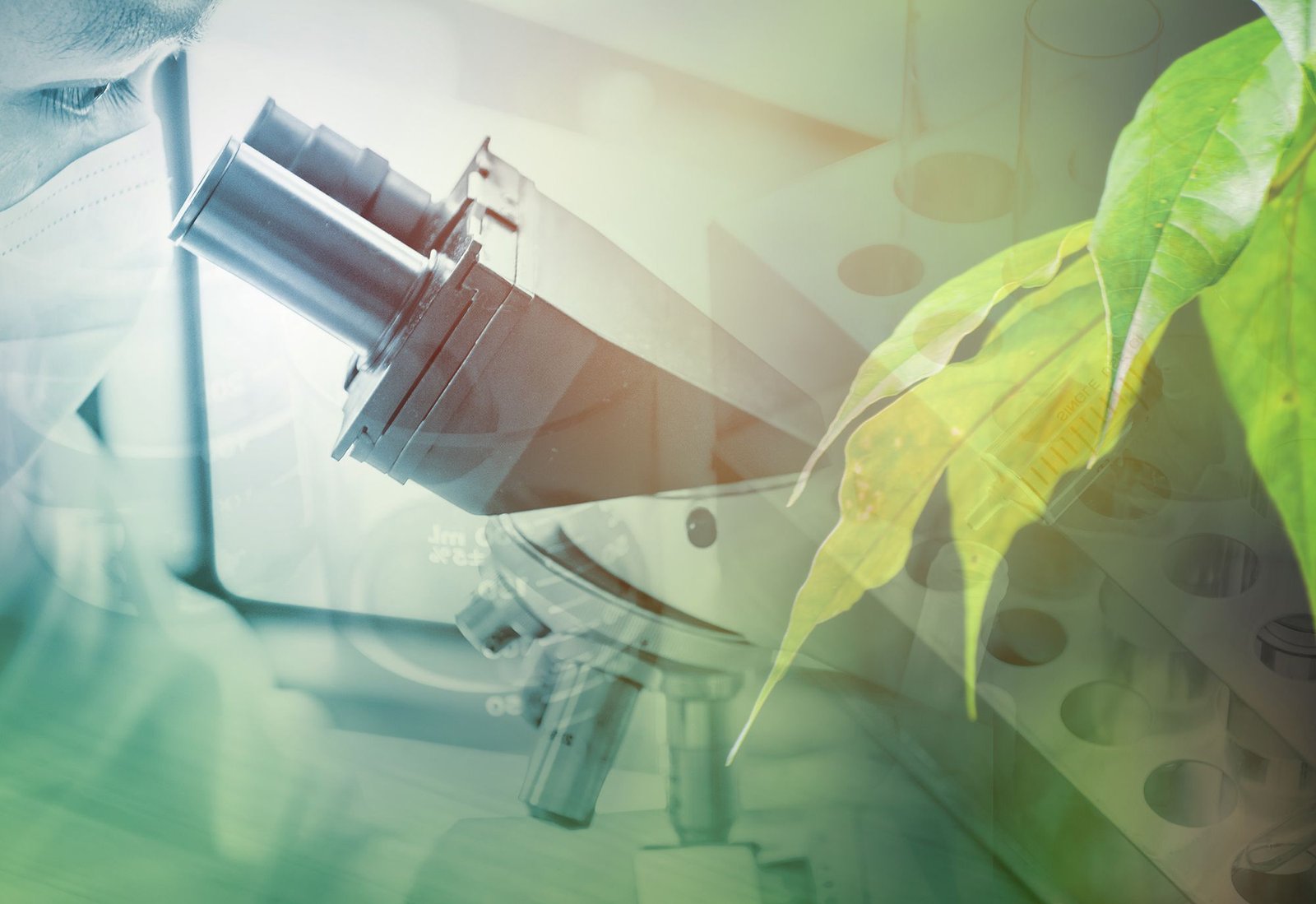
Let nature prosper by design
Our society can flourish side-by-side with the planet explains Simon Hombersley, cleantech entrepreneur and Chief Executive of Xampla...
The last year has had and will continue to have dire human consequences. Yet the latest evidence shows lockdowns gave rise to a seven percent annual reduction in global carbon dioxide emissions. For the first time anyone can remember, the canals of Venice – undisturbed by tourist boats – had clear waters, making tiny fish, scuttling crabs and multicoloured plant life visible once again. And everything from coyotes to boar were seen on the streets of cities worldwide.
But enduring a global public health crisis is not a strategy for protecting our natural environment. We now have to ask ourselves how to create a permanently lighter human footprint on Earth, without paying the price of a pandemic. Human behaviour is certainly critical, but so too is human innovation. Technology is the route to the restoration of our relationship with the Earth.
If we are to become the allies rather than adversaries of nature, we must recognise that human devastation of biodiversity is a vicious circle. It reduces our resilience to the effects of climate change, while also accelerating the process of global warming. The UN has additionally warned that encroachment on natural ecosystems increases the risk of deadly pathogens spilling over from wild animals to people. Covid-19 is a wake up call: healthy humans rely on a healthy planet.
Whilst emissions dropped last year, plastic pollution is on a devastating upward trend. It has increased tenfold in the last 40 years alone, causing untold disruption to marine life and in ecosystems in the farthest reaches of the Earth. 2020 saw the discovery of microplastics in Arctic ice. They’re released from polypropylene bottles into baby formula. And a shocking report released before Christmas brings home the impact of our harm to the planet on our own health – microplastics have been found in the placentas of unborn babies for the first time.
We still don’t have the full picture of the pandemic’s impact on the plastic crisis. But an estimated 129 billion face masks and 65 billion gloves were used and disposed of every month. Offering momentary protection, they are now destined to pollute the planet for centuries.
Technology can light a different course in 2021. The industrial revolutions of the nineteenth and twentieth centuries advanced human living standards at the expense of the environment. By contrast, the 21st century could bring about the green heat of a natural revolution. In 2020, nature flourished by default; in 2021 it is up to us to ensure it prospers by design.
